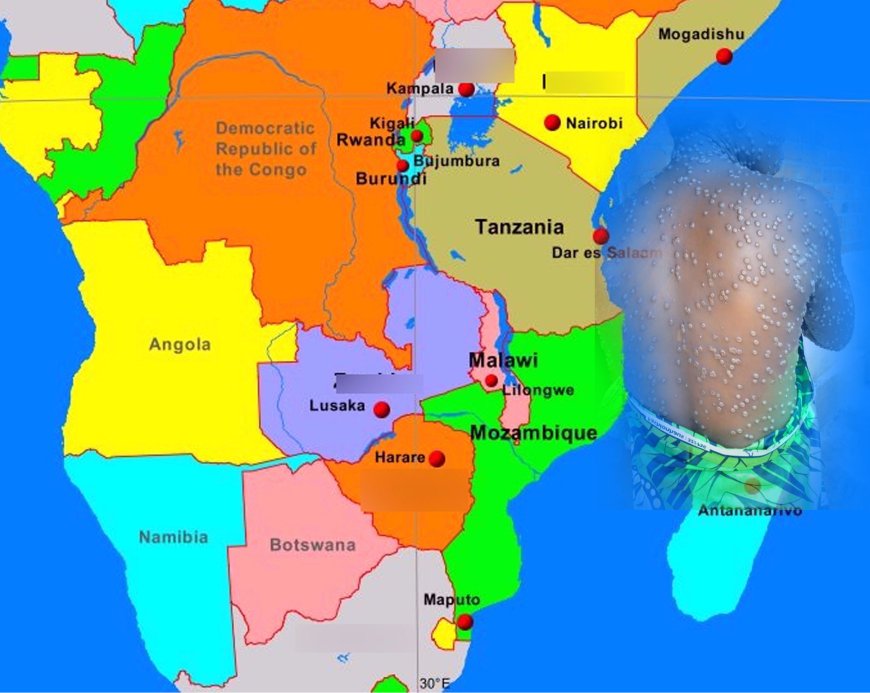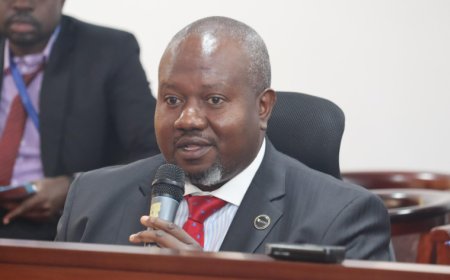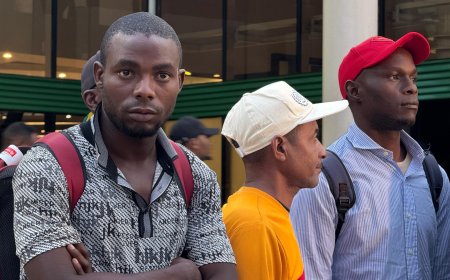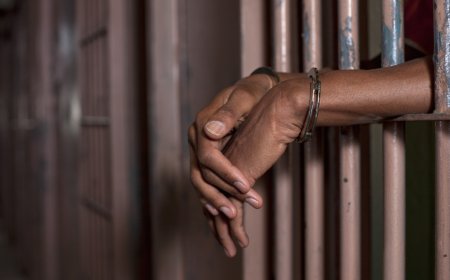Mpox Outbreak Threatens Eastern and Southern Africa

The recent escalation of mpox cases is posing a significant threat to the economies and public health systems of Eastern and Southern Africa countries. As the virus spreads across a growing number of African countries, it has been classified as a Public Health Emergency of International Concern (PHEIC) under the International Health Regulations. In response, neighboring nations have heightened alert levels and implemented stricter border screening measures to curb the spread. Health officials stationed at these borders have ramped up surveillance efforts to detect and prevent further transmission.
Particularly vulnerable to this outbreak are children and marginalized communities. Factors such as low public awareness and the high costs associated with implementing effective measures are contributing to the increased risk of infection. The situation has become especially critical in five East and Southern African countries—Burundi, Rwanda, Uganda, Kenya, and South Africa—where rising case numbers have been reported. A newly identified variant of the mpox virus, clade Ib, has surfaced in all affected countries except South Africa. This variant is causing significant concern due to its potential to spread more broadly, particularly among younger populations.
Burundi is currently experiencing the highest number of mpox infections in the region. The situation in Burundi is further compounded by concurrent measles outbreaks, which are exacerbated by low childhood immunization rates and widespread malnutrition. Despite ongoing efforts to combat these health crises, the country faces significant challenges, including shortages of diagnostic test kits and medicines, low levels of community awareness, high operational costs, and the risk of disruptions to essential healthcare services.
Beyond the immediate health implications, the mpox outbreak poses additional risks to children and adolescents, such as stigma, discrimination, and interruptions in education. Women and girls are also at heightened risk, facing increased threats of gender-based violence, including sexual abuse and exploitation. Their roles as primary caregivers for sick family members add to their vulnerability. Drawing on lessons from past health crises like HIV, COVID-19, and Ebola, there is an urgent need for coordinated efforts to support survivors, fight stigma, and maintain essential social services, particularly education and the reintegration of affected children into schools and communities.
The situation is further complicated by other emergencies in the region. Kenya, Burundi, and Uganda are not only grappling with the mpox outbreak but are also dealing with severe droughts and floods, adding layers of complexity to the crisis. To address these challenges, UNICEF is working closely with WHO, Africa CDC, and local partners as part of broader government-led response plans. UNICEF has issued an urgent appeal for $16.5 million to enhance response and preparedness efforts across the region. This funding will be revisited regularly as the situation continues to develop rapidly.
What's Your Reaction?




























































